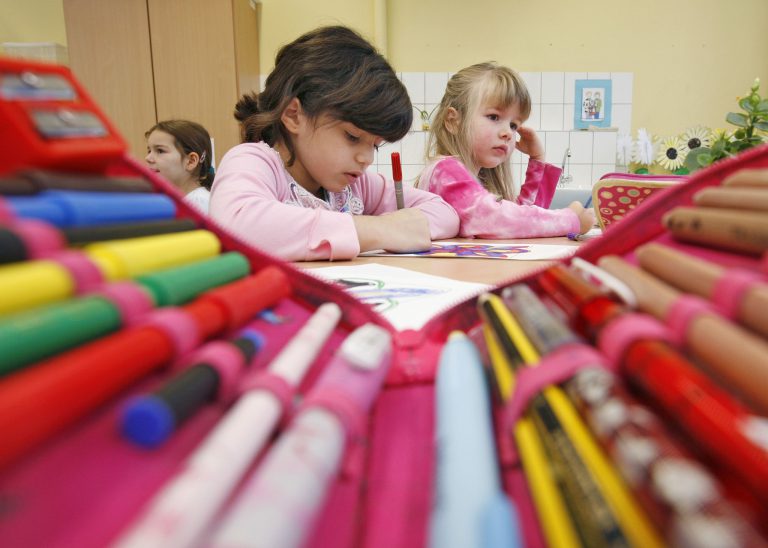
For years, Finland has been held up as the ideal example for all other countries to follow when it comes to education. But one education expert has suggested that the country’s longstanding reputation as a progressive innovator in education that runs rings around other nations may be coming to an end.
Ever since Finland came out on top of the first PISA international exams in 2001, the country has held bragging rights as home to the world’s best public education system. Finland was seen as proof that students can succeed in an educational system that prioritized flexibility and informal assessment, rather than rigid metrics and standardized testing. Educators from around the world visited the Scandinavian country to learn how to apply its innovative lessons to their own school systems.
Yet a new study indicates that Finland may be slipping in the global rankings – and, in fact, that its more laid-back system may not be the answer to improving education worldwide.
Gabriel Heller Sahlgren, director of research at the Centre for Market Reform of Education, argues that Finland’s education standards are falling, and that its success has been misattributed for years.
In a study published by right-wing think tank the Centre for Policy Studies, Sahlgren presents his argument that Finland’s initial success in the early 2000s was a result of the previous, more traditional education system that had been in place prior to the major reforms.
However, he said, this did not align with the objectives of global education experts, who wanted to position the more creative Finnish system as a “counter-argument” to the high scores coming out of intense test-driven school systems in places like Singapore, China and Hong Kong.
According to Sahlgren, who is based at the London School of Economics, there was “never any real evidence” for this image, and ignoring the effect of the prior system in Finland is “simplistic.”
“The most popular policy-related reasons for Finland’s rise to prominence clearly do not stand up to scrutiny. Research does not support them, and above all, the improvements began before many of the highlighted policies were even introduced,” he wrote.
“If anything, they coincide with Finland’s recent slippage.”
It is true that the country has seen a drop in its PISA scores since the beginning of the century. Finland is no longer among the top 10 countries for mathematics scores, after reaching second place on the list in both 2003 and 2006.
Tim Oates, director of assessment research for the Cambridge Assessment exam group, agrees with Sahlgren’s findings, calling it “hopeless myopia” to view Finland’s system as extremely autonomous. He also countered the impression that Finland does not rely on competitive tests, as entrance to some secondary schools is based heavily on exam scores.
Oates published a study debunking what he views as myths about Finland’s education system, titled “Finnish fairy stories.”
Not everyone, however, agrees with the Finland-bashing. Andreas Schleicher, director of education for the OECD, which administers the PISA tests, dismissed Sahlgren’s claims.
“In the 1960s, Finland was an average performer at best and that was when it had a very traditional education system,” he said. “Finland changed its system only in the late 1970s and 1980s and that’s when we saw the results rise. The most recent decline is quite modest.”







